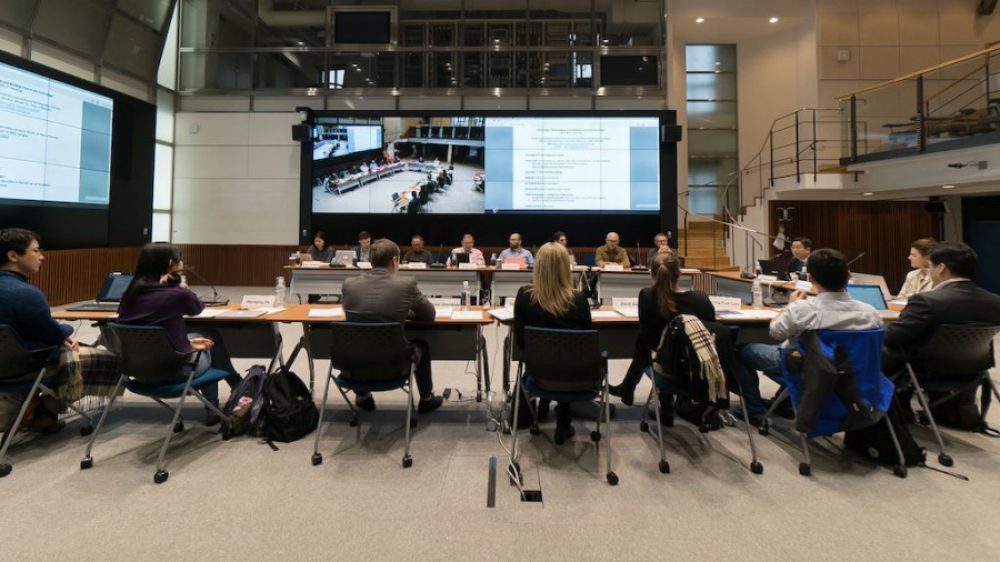Hong Kong SAR, December 14—APRU is partnering with Google to explore AI-policy issues. The undertaking looks at issues of AI governance, its impact on the Asia Pacific, and how society can maximize AI-tech’s potential for an equitable future.
Collaborators from 11 leading research universities from the APRU network are working together on the first project, “AI for everyone: benefitting from and building trust in the technology.” Keio University leads the project, which features AI experts from Australia, East Asia, South East Asia, and the Americas.
A series of working papers, and their resulting policy recommendations, will be published and widely disseminated to governments and civil society. The guidelines aim to contribute policy foresight and provide policy actors with the latest knowledge to guide decision making.
The project covers a broad spectrum of AI governance issues, including AI-ready education and black-box decision making, as well as less common issues such as criminal law, military robots, electoral systems.
The collaboration’s first workshop on AI accessibility and governance was held on December 1 at Keio University in Tokyo, led by project Co-Chairs and AI-experts Professors Jiro Kokuryo (Keio) and Toby Walsh (UNSW).
Previously a telecom professional, Prof. Jiro Kokuryo advised the Japanese government on the nation’s IT policies. He was a member of Japan’s IT Strategic Headquarters.
Prof. Toby Walsh is one of Australia’s lead experts on AI and is currently a Fellow of the Australian Academy of Science, the Association for the Advancement of Artificial Intelligence (AAAI), and the European Association for AI (EurAI).
Find out more photos on Flickr and Facebook.
Keio and UNSW are members of the APRU network of leading research universities in the Asia Pacific.
Other involved APRU member institutions include Far Eastern Federal University (Russia), Peking University (China), The Chinese University of Hong Kong, National University of Singapore, Technologico de Monterrey (Mexico), Fudan University (China), Universidad de Chile (Chile), UNSW Sydney (Australia), and The Hong Kong University of Science and Technology.

